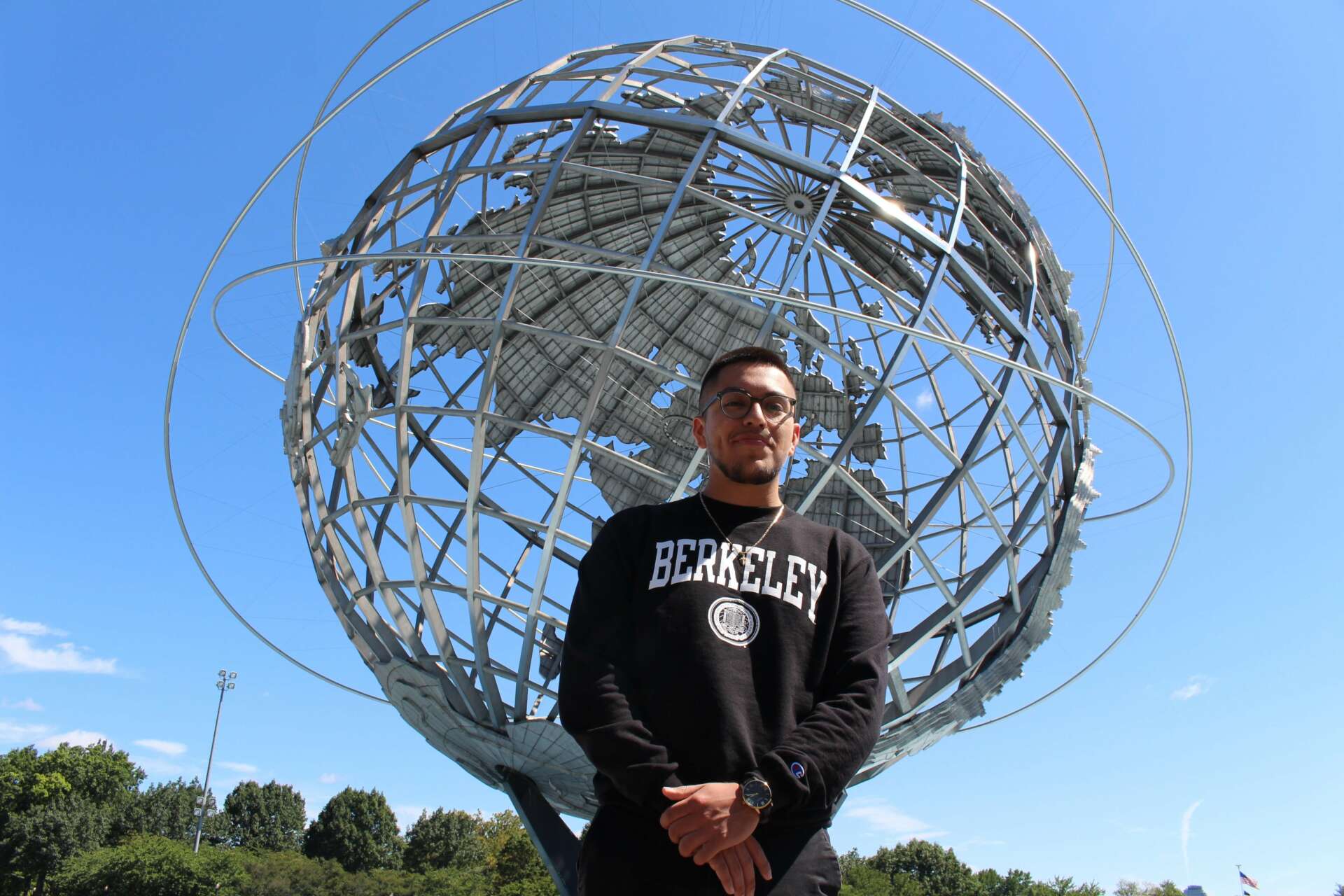Alright – so today we’ve got the honor of introducing you to Julio Salas. We think you’ll enjoy our conversation, we’ve shared it below.
Julio , thanks for joining us, excited to have you contributing your stories and insights. Do you think your parents have had a meaningful impact on you and your journey?
I’ll start off by saying that when I think of my parents, I think of my mother, Angela, who unfortunately passed away in May 2021 due to a long (14 months) and violent battle with COVID-19 at the young age of 41, and my grandmother, our ‘Ma’, who thankfully is still with my three younger siblings in Corona, Queens, NY (where I was born and raised) as I work on my PhD across the coast in California. Because there are many things they did right, multiple examples for each, and because my mother’s third death anniversary was on May 5, 2024, I’d like to focus on the first thing that comes to mind when I think about what my mom did right, and that was how selfless she was, and how much that’s influenced my way of being or my aspirations of what to be, and all the work I want to do in my life. She was the kind of person who worried more about others than she worried about herself, always took care of others and made sure they felt comfortable and were well fed (she loved cooking for others, and man, did she cook well), and always wanted others to be happy and full of joy in part because she wanted more of that in this world but, I think, also in part because of how much she wanted others to hurt less, especially because she was profoundly hurting. In turn, I’ve come to realize that my life work and purpose (and these are connected) all are aimed at trying to make other people hurt less, make other people feel more, live a life where I could serve as a model (e.g. showing my younger siblings a different version of an adult or ‘man’ for lack of better word), and to tell stories that better capture the rawness of life, both the ‘difficult’ and the ‘good.’ Fundamental to what my work and purposes are aimed at is a Kendrick Lamar lyric, “I’m sacrificin myself to start the healing”, which I felt my mother embodied but didn’t know she did. She wore herself down to attempt, even if imperfect, to make my and my sibling’s lives better or to make others’ lives better, even if that was just trying to make them laugh, despite the desperate help she needed to also live a better life. In my own life, even if I wear myself down trying to accomplish what I want to, it’ll always be worth it if it makes the next person’s life easier or fuller in some way. My entire life now is me baring myself in hopes that my contributions enrich others’ lives, even if it comes at a cost (and sometimes it comes at a huge cost). A cost worth paying, in my opinion.
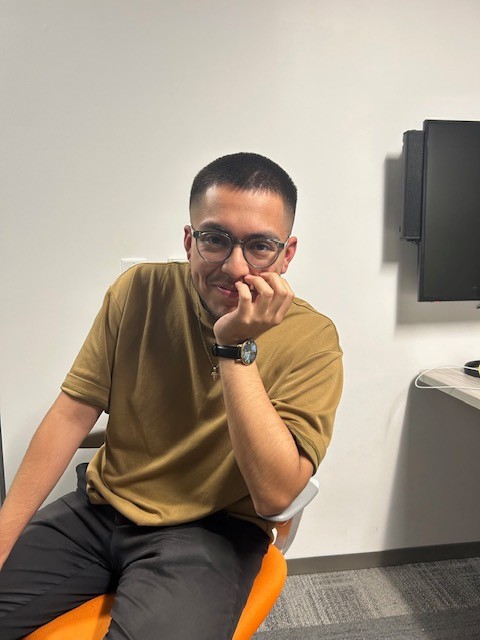
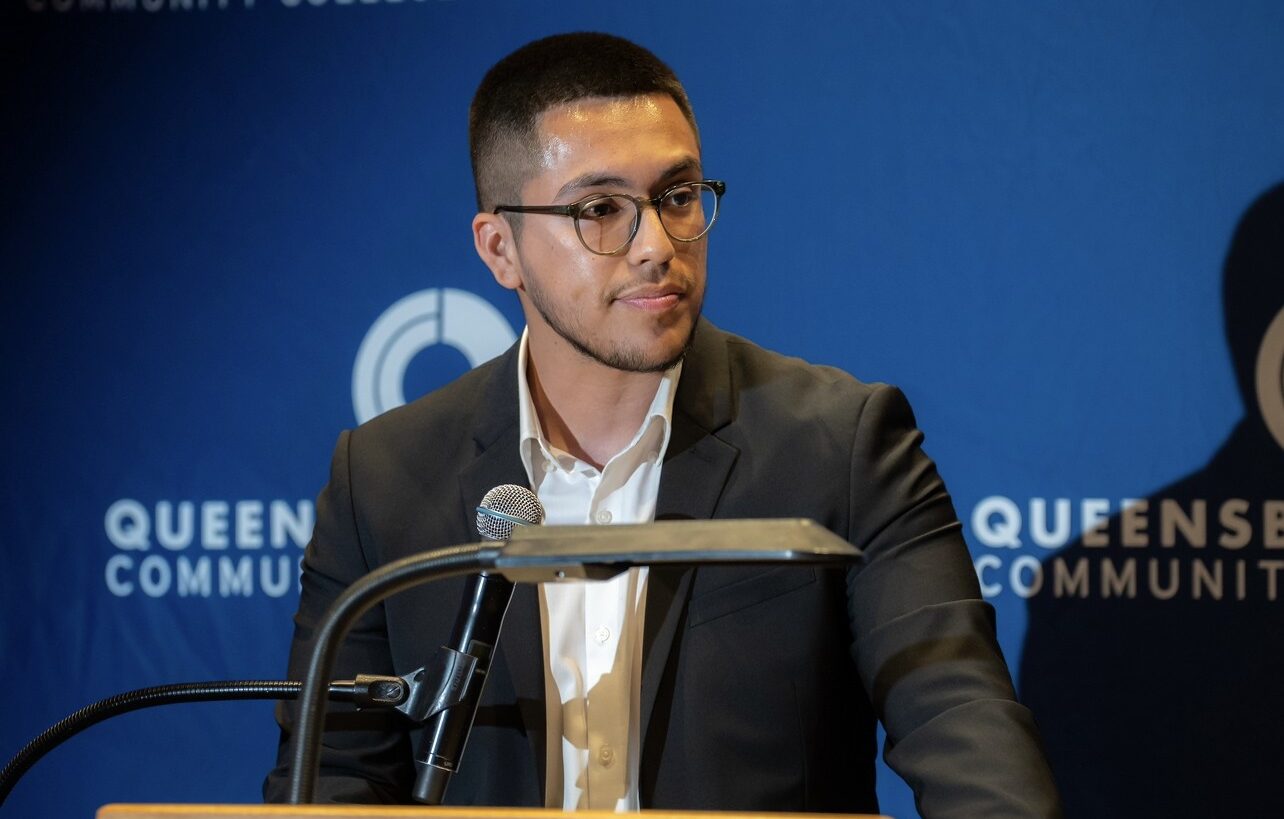
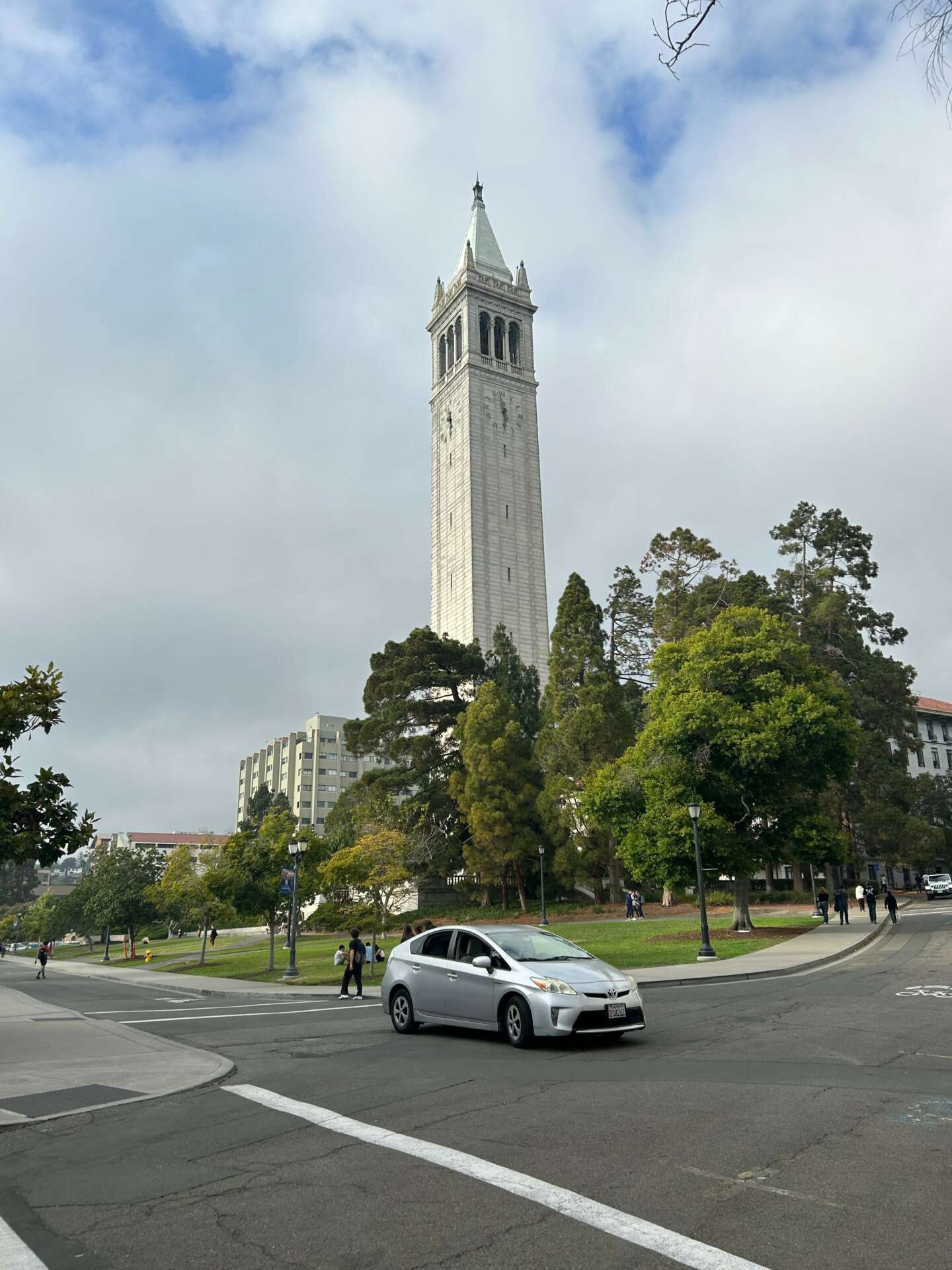
Awesome – so before we get into the rest of our questions, can you briefly introduce yourself to our readers.
My name is Julio Salas and I’m a second-generation Colombian and Mexican immigrant born and raised in Corona, Queens, New York. I’m the eldest of four siblings and we were all raised by a single mother and grandmother. In extremely serendipitous fashion and due to an ungodly amount of luck, among other things, I also happen to be a Sociology PhD student and Chancellor’s fellow at the University of California Berkeley where my research interests sit at the nexus of immigration, immigrant families, emotion, race & ethnicity, social stratification, and health.
As a PhD student and aspiring academic, I’m being trained and socialized into a specific discipline–in my case, Sociology–in order to conduct research investigations of my own for an array of purposes. Some of these purposes, but not all, include ‘producing knowledge’, that is conducting studies that haven’t been done before or finding a different angle to a problem or question; trying to better understand inequalities with the hopes and goals of alleviating said inequalities; and trying to bring attention to a topic that academics, policymakers, and practitioners might not be paying enough attention to. As I wrapped up my first year in my PhD program, I’m conducting a study in New York City (NYC) in the summer of 2024 to better understand how Latinx immigrant families grieved during and after the COVID-19 pandemic with the hopes that it fulfills the three purposes described above.
I think it’s common for science or research and creativity to appear as if they are opposites because research is supposed to be ‘objective’ and systematic and creativity can appear more sudden and subjective, especially since creativity is associated with the arts. This isn’t my opinion, but rather how I feel many researchers see themselves and how I feel many people see science and creativity. However, the research process and being a researcher, irrespective of one’s field, is an incredibly creative process. In the case of my study in NYC which is set to begin in June 2024, the idea began developing since September 2023 (9 months prior!) in a methods class, where we learn the different methods and tools we can use to conduct studies and the ‘pros’ and ‘cons’ of different methods and tools. The initial idea came to mind because of my mother’s death during the COVID-19 pandemic and more specifically because of how common that experience was for similar families. That is, this tragic event didn’t just happen to me. It was widespread, especially in NYC which became the ‘first epicenter of the US’ and in my neighborhood of Corona, Queens, which became the ‘epicenter of the epicenter’. Then, following the initial idea I had to read a lot of past work on grief, death, and immigrant families to see what studies have been done, what theories are out there, what hasn’t been done, so that I can make it clear why my study has to be done. Throughout the months, I’m getting feedback, thoughts, critiques, and more from colleagues and faculty to continuously refine my research questions and methods. And with far more help in between, months later I’m set to finally conduct the study. Without the past decades of work on death, immigrant families, everything in between and beyond those topics, all the people who took time to give me advice and feedback, and all the refinement of my ideas and everything that accompanies it, I wouldn’t have been able to begin the study I’m soon conducting. It’s an incredibly creative endeavor.
There’s a long story to how I got to the PhD, but in a very long story short, I got to the point in my life where I realized two key things. First, I realized that I became enamored, completely enamored with thinking, reading, and writing which is a lot of what you do in a PhD program – far too much thinking, reading, and writing haha. The second thing I realized which I never really felt during my childhood and adolescence was that my voice mattered and that I could potentially do good with the work I produced, in particular the writing I could and would produce. There’s an indescribable feeling I’ve experienced when I’ve read a piece of writing (this could be books, academic articles, news articles, and music, rap and hip hop have inspired my work and life probably more than any other medium) that made me feel seen, showed me a different perspective, or explained different aspects of our world, and among the many things I want to accomplish, I hope my writing resonates with people and gives them the indescribable feeling I have felt reading so many people’s work.
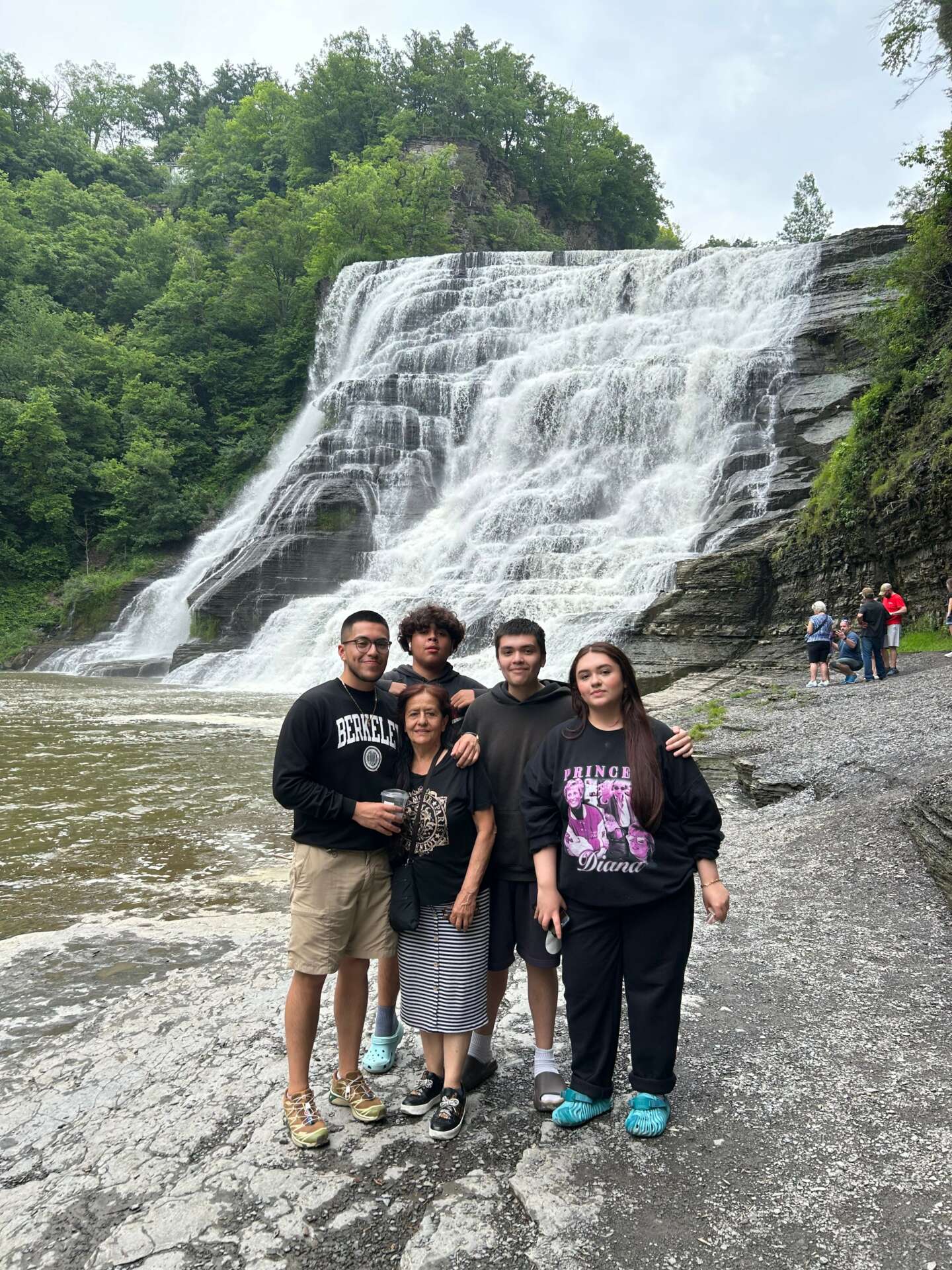
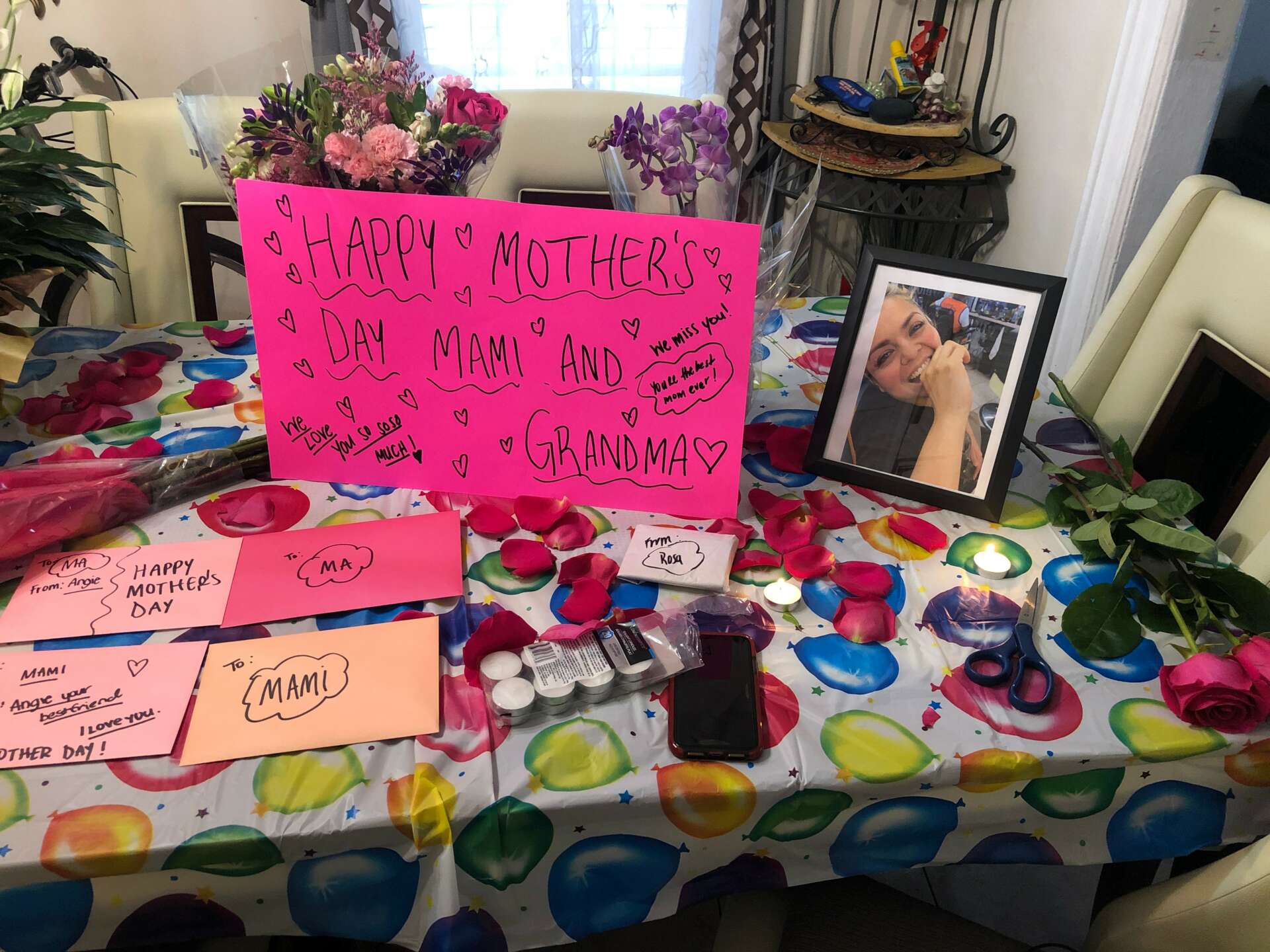
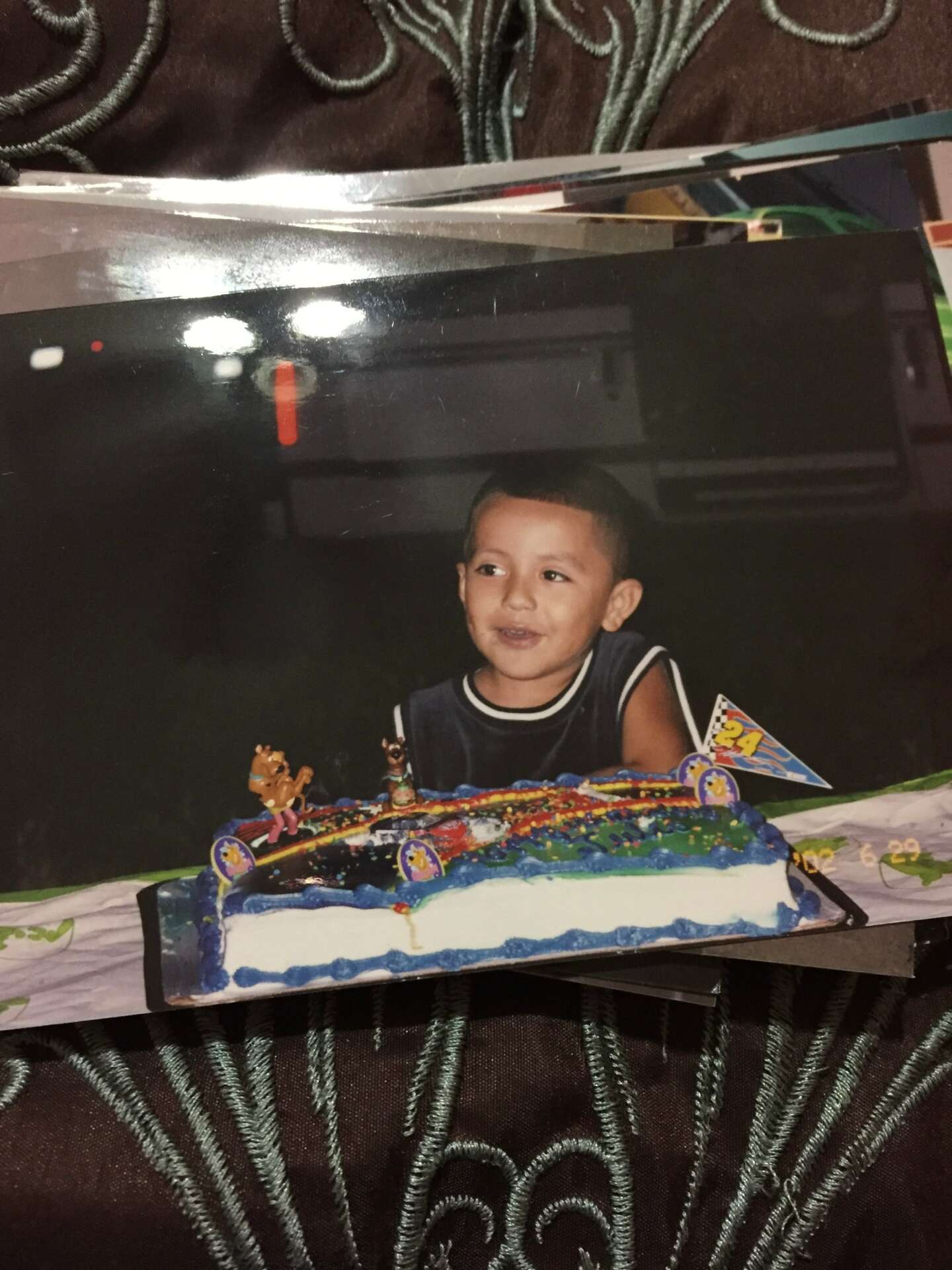
Can you tell us about a time you’ve had to pivot?
The biggest professional pivot of my life thus far occurred in May 2022 when I decided not to apply to medical school and instead apply to Sociology PhD programs in December 2022! I was in Washington, D.C., finishing up a public policy fellowship at the Congressional Hispanic Caucus Institute (CHCI), doing research at the Urban Institute, and working on all of my medical school application materials. I had requested and received recommendation letters for mentors, had a draft of my medical school personal statement, and had been studying for the MCAT, the entrance exam for medical school, since January 2022. However, three key things stand out as my reasons for pivoting, which was one of the best decisions I’ve made in my entire life.
First, I had been working at the Urban Institute since January 2022 through the fellowship at CHCI, and I loved my time there and felt so intellectually stimulated. This is where I thought I could take my personal love of writing, reading, and thinking and can do it professionally or ‘full-time’. In essence, I wanted to continue doing what I was doing at Urban. The second thing that happened was that I received critically important feedback on my personal statement from a good friend of mine and a mentor, both of whom essentially gave me the same overarching comment: “Your statement is good, well written, but it’s unclear specifically why you want to be a physician, why you want to go to medical school.” While that comment initially stung, especially because of all the work it takes to even put yourself in a position to apply to medical school, it was a comment that was true and one I had to really think about. I knew I was never intrigued by medicine because of the anatomy or physiology, or in other words, the physical aspects of medicine. Instead, I was fascinated by what we call the social determinants of health and how things like poverty and immigration status, for example, influence health and health outcomes. While contemplating this feedback, I noticed that as I was writing up other sections of the medical school application, like the experience section, I was forcing the ‘why medicine’ angle. That is, I was trying to inorganically convince myself or whoever reads the medical school applications why medicine was right for me, and the more I was trying to force that angle, the more distant I felt from applying to medical school. So, I did the final thing before eventually making the pivot, which was that I imagined myself as a physician in the future and wondered how I would feel about that career choice. In doing that, I could see myself regretting the career path because I would feel defeated knowing that I could only do so much as a physician that worked one-on-one with people plus as I previously mentioned, I lost the joy in the career path. That isn’t to say conducting research will do far more ‘good’ than being a physician, nor is it to try to say that one career does more good than the other. Both are needed. What I really found out was that I could still fulfill my purpose via medicine, but I didn’t fundamentally enjoy medicine and what came with that career path. However, with research, despite its many imperfections, I could fulfill my purpose, and I loved the process. So, on a Sunday afternoon at a coffee shop in D.C. I left the coffee shop knowing I wouldn’t submit a medical school application and eventually realized a PhD in Sociology was the degree I wanted to pursue. And it’s been one of the best decisions of my life. I thank all the people who supported me through it all – before making the decision, as I was conflicted, and after I made the decision. I’ll never get over how lucky I feel to have the people I have around me.
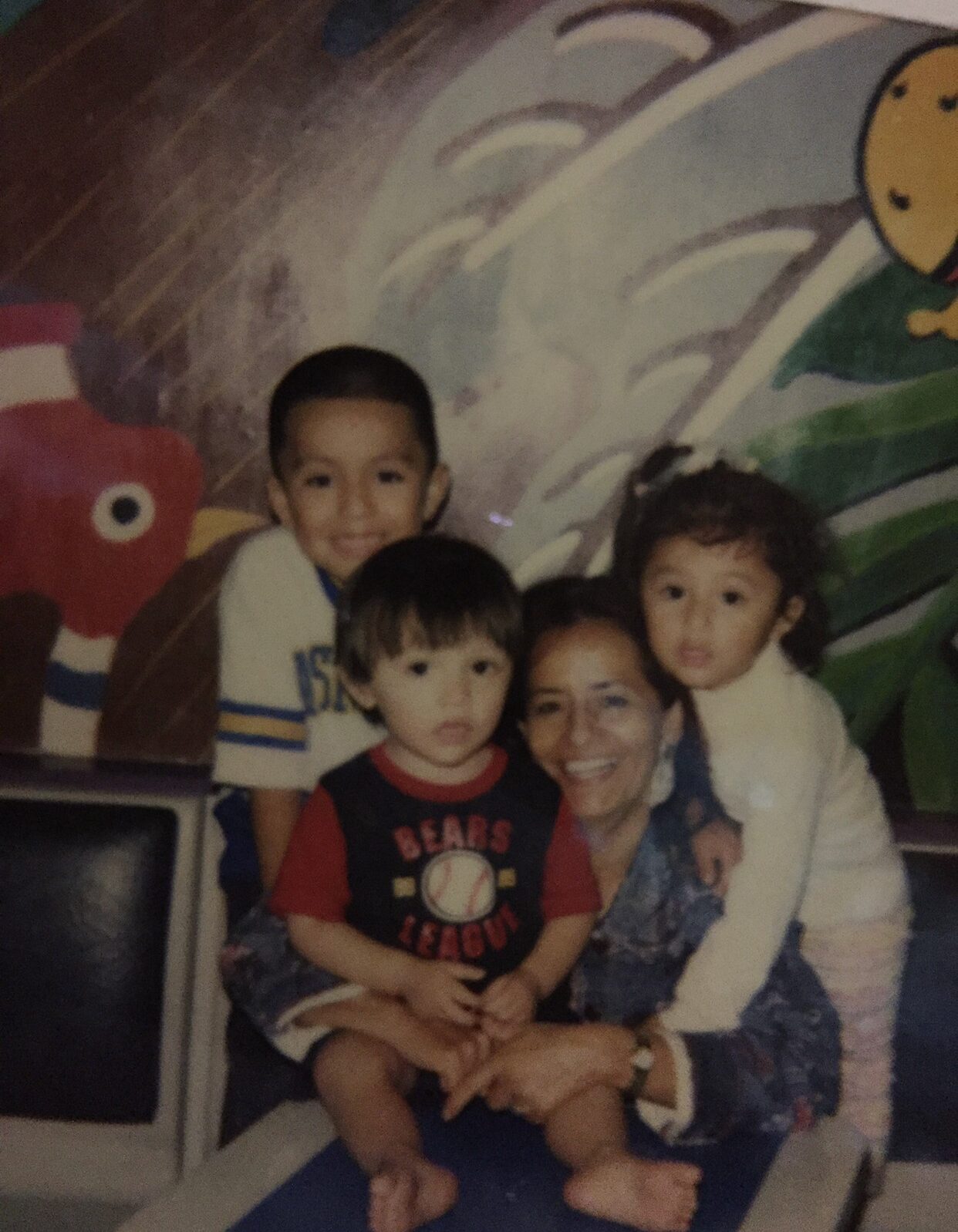
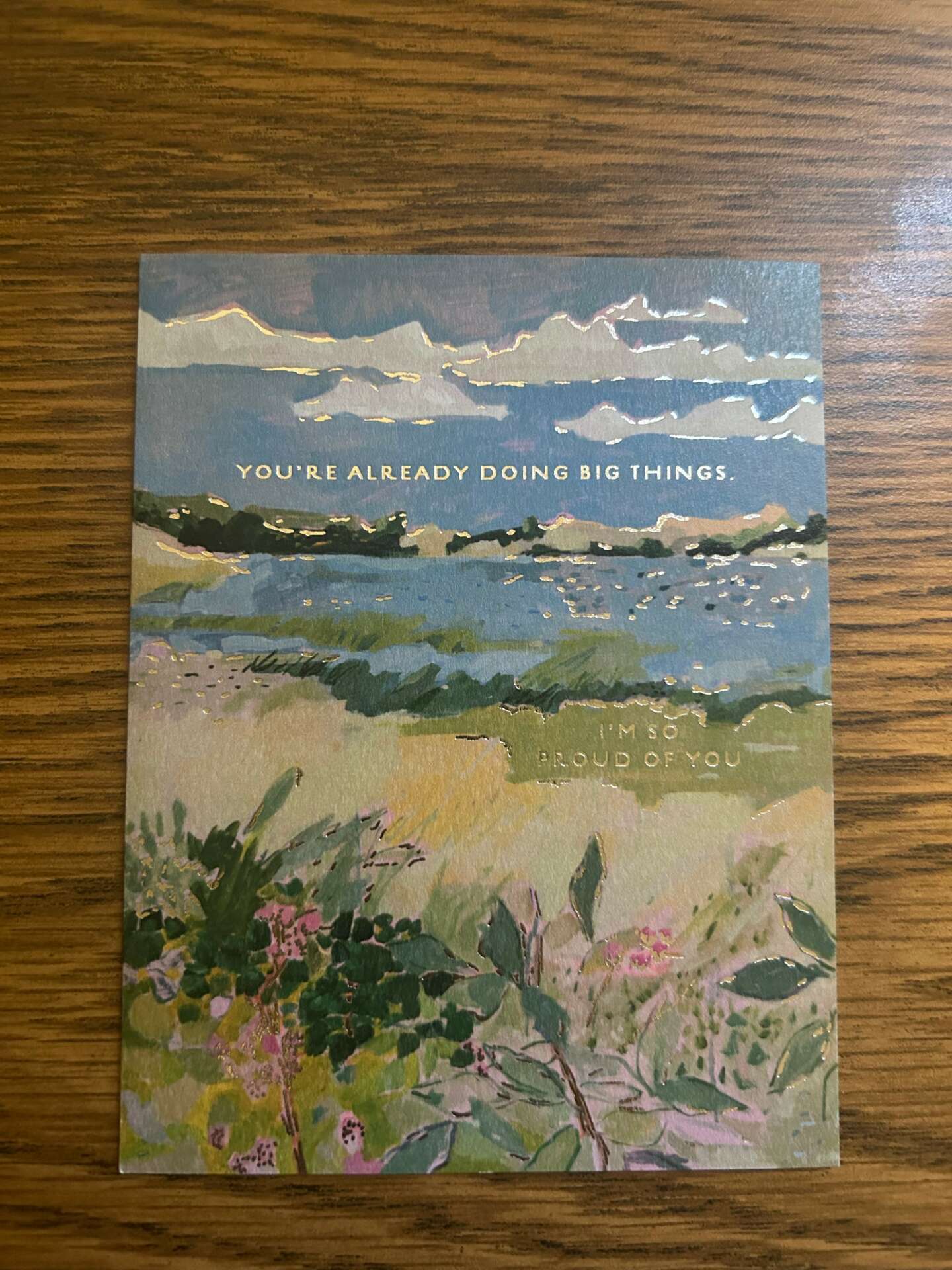
What do you find most rewarding about being a creative?
Speaking from the perspective of being a researcher and Sociology PhD student, which I inherently see as being a creative endeavor, I think the most rewarding aspect of it all is that I get to use my mind, my thoughts, and my voice to think critically about topics and put forth research studies that will hopefully improve the matters I care deeply about. This aspect of using my mind to create is deeply important for two reasons. First, as I mentioned previously, there was a time when I felt a voice like mine–the son of poor working-class undocumented immigrants who was the first to graduate from high school and college–didn’t matter. That my voice had nothing to say or that most of what I thought and wrote was deemed not worth listening to. In many ways, to put it bluntly, I felt incredibly stupid. But through a miraculous turn of events and a million factors lining up in a way it previously hadn’t, I finally came to the point that my voice was worthy, that I had something important to say, and that, in many ways, my voice was needed. For this, among the million things I could credit it to (e.g. so much luck), I really want to thank the countless people who believed in me, uplifted me, supported me, and continue to do so far before I had or encompass any of the things I do now. They saw things in me I had yet to see and still may not see, and they provided me with tangible resources and support that transformed my life and sense of self. There are too many folks to name, but so many people back in NYC, at Queensborough Community College, America Needs You, Cornell University, Urban Institute, CHCI, in the Bay Area, and at Berkeley, among many other spaces and places. Both figuratively and literally, these people saved me, and I try really hard to repay them with how I live and conduct my life and work.
The second reason using my mind to create is so important to me is because so much of my family spent and continues to spend their life doing manual labor work, not because they necessarily want to but because they have to. For example, my grandmother will be turning 70 this year, and she still goes to Manhattan almost every day to clean apartments so that my siblings are fully taken care of. By saying this, I’m not saying that manual labor work is ‘bad’, but rather, I’m pointing out the lack of choice most of my family had in choosing whether they wanted that occupation for themselves. The lack of choice was both what I didn’t want to have and what my mother and grandmother didn’t want for their kids and grandkids. It’s different to choose a manual labor job because you love the job vs. having a manual labor job because you really have no other choice. And, because of the turn of events in my life, I was able to have more opportunities to decide what I wanted to do and go beyond being relegated to manual labor (I began working in manual labor jobs at the age of 12/13) and choose a path that I once thought was unattainable. This immense privilege also comes with tremendous guilt as I think about the incomparable struggles I have as my brain hurts from reading hundreds upon hundreds of pages vs. the aches my grandma may have as she rides the train back from Manhattan to Queens. But this duality, the privilege and the guilt, or the multiplicity of slices encompassing immigrant family life, is so common to many from similar backgrounds and upbringings. It’s, as I like to put it, beautifully raw.
So, to reiterate my long-winded answer to what’s the most rewarding aspect of being a creative is that I get to use my mind, my thoughts, and voice to think critically about topics and put forth writings and research studies that will hopefully improve the matters I care deeply about and leave a better future for those around me and those that come after me. Especially amidst all the atrocities going on in our world, I hope that all my work not only invokes hope for a better tomorrow but also allows for and is in itself taking action towards that better tomorrow.
Contact Info:
- Website: https://sociology.berkeley.edu/graduate-student/julio-fernando-salas-vargas
- Linkedin: https://www.linkedin.com/in/julio-f-salas/


